Expanded Research on the Global Gambling Market: Top 10 Countries
1. Overview of the Global Gambling Market
According to data obtained through research by gambling laboratory Gemblorium experts, the global gambling market is a colossal and dynamic sector that encompasses a variety of activities, including casinos, sports betting, lotteries, online gambling, and social gaming. As of 2023, the market was valued at $565 billion, with projections to grow at a CAGR of 4.2% between 2023 and 2028
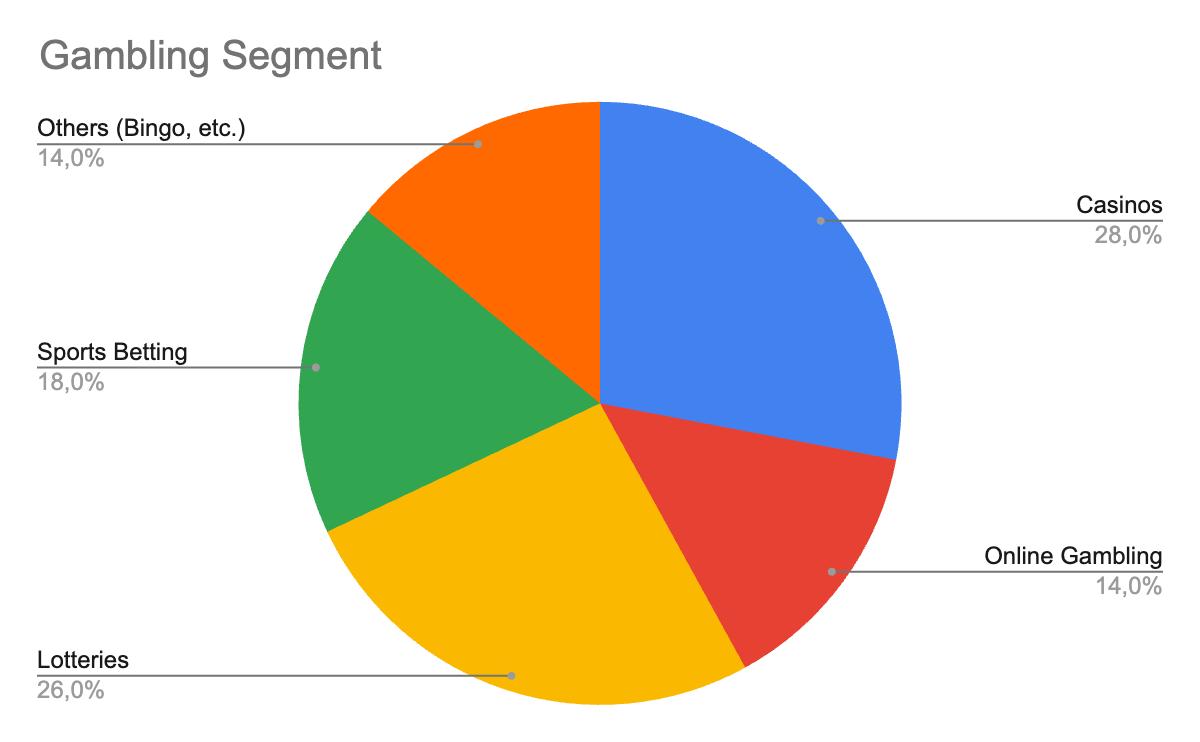
Key Statistics:
● Online Gambling Share: Approximately 25% of all gambling revenues are generated online, reflecting a significant shift in consumer behavior.
● Mobile Gambling: It is projected that by 2025, mobile gambling will account for over 50% of total online gambling revenues
● Market Composition: The market composition includes:
Emerging Markets
Countries like India and Brazil are beginning to emerge as significant players in the gambling sector due to their large populations and increasing acceptance of gambling The rise of online platforms has made it easier for these markets to develop, and regulatory changes are expected to follow
2 Market Dynamics Over the Last 5 Years (2018–2023)
The global gambling market has experienced significant changes, influenced by technological advancements, regulatory changes, and shifts in consumer preferences
Market Size and Growth (2018–2023)
Key Dynamics:
● Impact of COVID-19: The pandemic led to temporary closures of physical casinos, causing a decline in revenues. However, this prompted many operators to pivot to online platforms, significantly boosting the online gambling segment
● Post-Pandemic Recovery: By 2021, as restrictions eased, the market saw a robust recovery, particularly in online and sports betting sectors
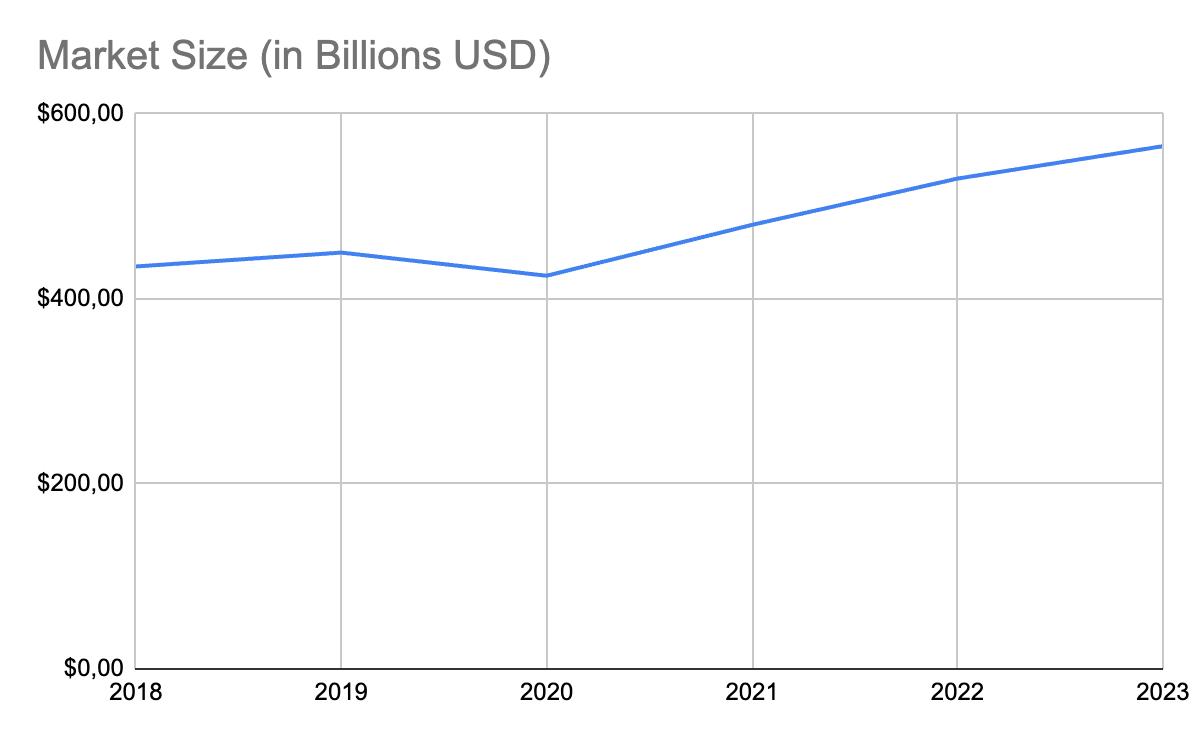
3. Positive and Negative Factors Affecting the Gambling Market
Positive Factors:
1 Digital Transformation: The rapid adoption of technology has created new opportunities for online and mobile gambling, broadening market access.
2. Legalization of Gambling: Increased legalization in various countries, particularly in the U S for sports betting, has opened up significant new markets
3 Technological Innovations: Advancements such as VR casinos, AI-driven gaming experiences, and blockchain technology for secure transactions are enhancing user experiences
4 Increased Social Acceptance: Younger generations view gambling as an entertainment option rather than a taboo, leading to broader participation
Negative Factors:
1 Regulatory Challenges: Complicated regulations in different jurisdictions can hinder market entry for new operators
2 Social Concerns: There is increasing awareness about gambling addiction, prompting stricter regulations and responsible gaming initiatives.
3 Economic Downturns: Financial crises can negatively affect disposable incomes, thereby impacting gambling expenditures
4. Security Risks: With the increase in online gambling, concerns about cybersecurity and fraud have become more prevalent
The following analysis delves deeper into the top 10 countries in the gambling market, focusing on their specific characteristics, trends, and challenges.
United States
The U.S. gambling market is characterized by a mix of state regulations and an expansive market for both online and offline gambling The legalization of sports betting across various states has spurred growth
Cultural Insights
● Sports Betting Boom: The legalization of sports betting has attracted new audiences, with states like New Jersey leading in revenue.
● Varied State Regulations: Each state has different laws governing gambling, creating a complex regulatory environment that influences market dynamics
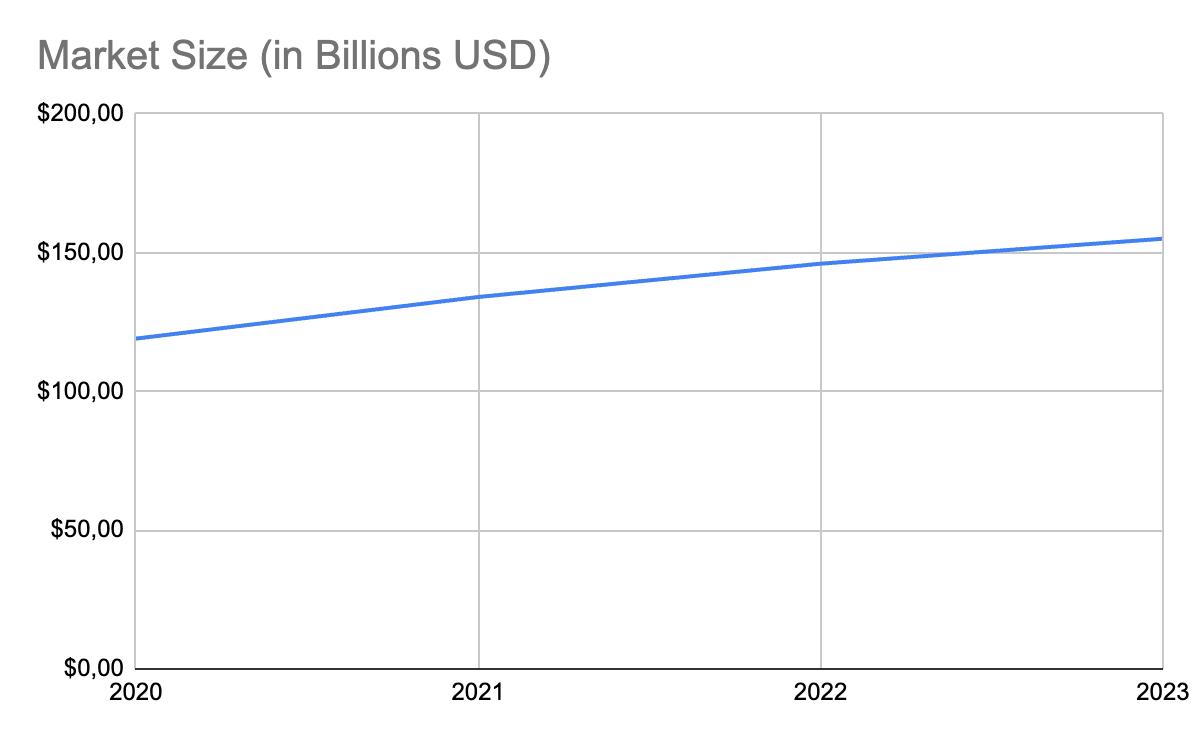
China (Macau)
Macau remains the largest gambling hub in the world, offering a vast range of gaming options, including high-stakes gambling
Cultural Insights
● Tourism-Driven Market: A significant portion of Macau's revenues comes from international tourists, especially from mainland China
● Luxury Gaming: High-rollers play a crucial role in the economy, leading to the development of luxury casino experiences
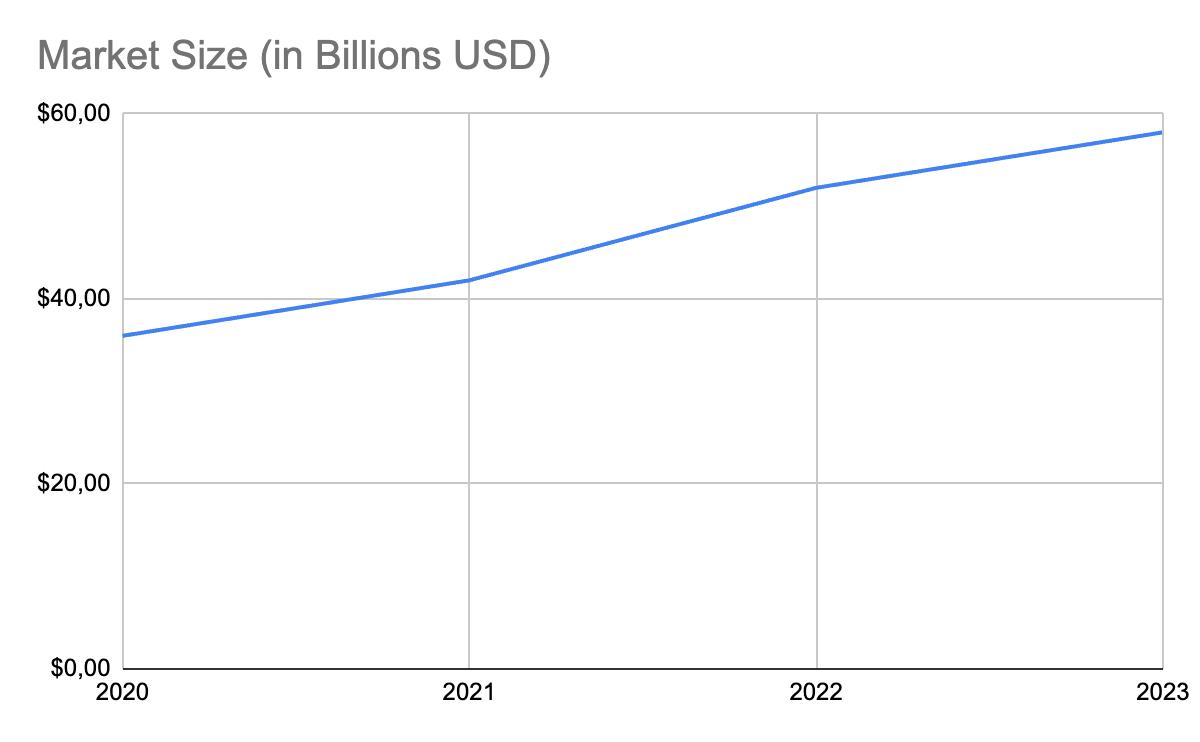
Japan's gambling market has traditionally been conservative, but recent developments suggest a change in regulations and attitudes.
Cultural Insights
● Integrated Resorts: The introduction of integrated resorts, including casinos, is expected to attract both domestic and international tourists
● Regulatory Changes: The recent push for legal changes reflects a shift in societal attitudes towards gambling
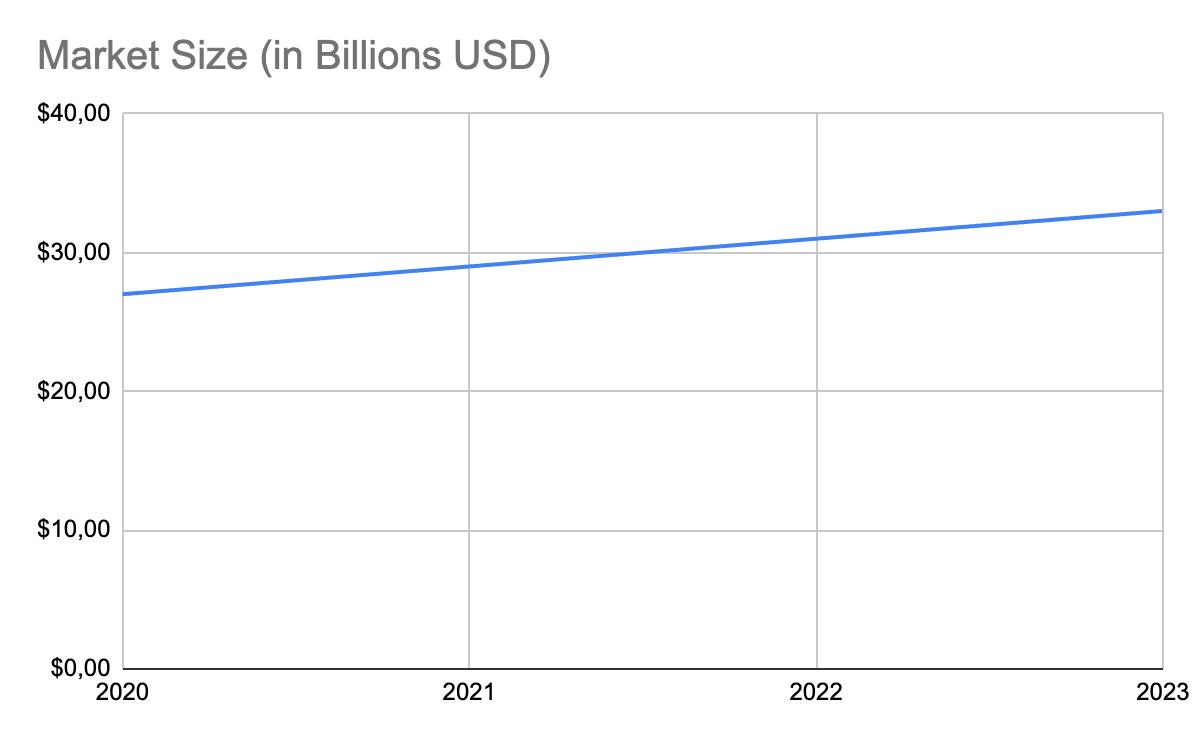
United Kingdom
The UK has a well-established gambling market, regulated by the UK Gambling Commission, which oversees all gambling activities
Cultural Insights
● Diverse Offerings: The market includes a mix of betting shops, online casinos, and lottery systems, making it highly competitive
● Focus on Responsible Gambling: The UK government has been proactive in addressing gambling addiction, leading to initiatives for safer gambling.
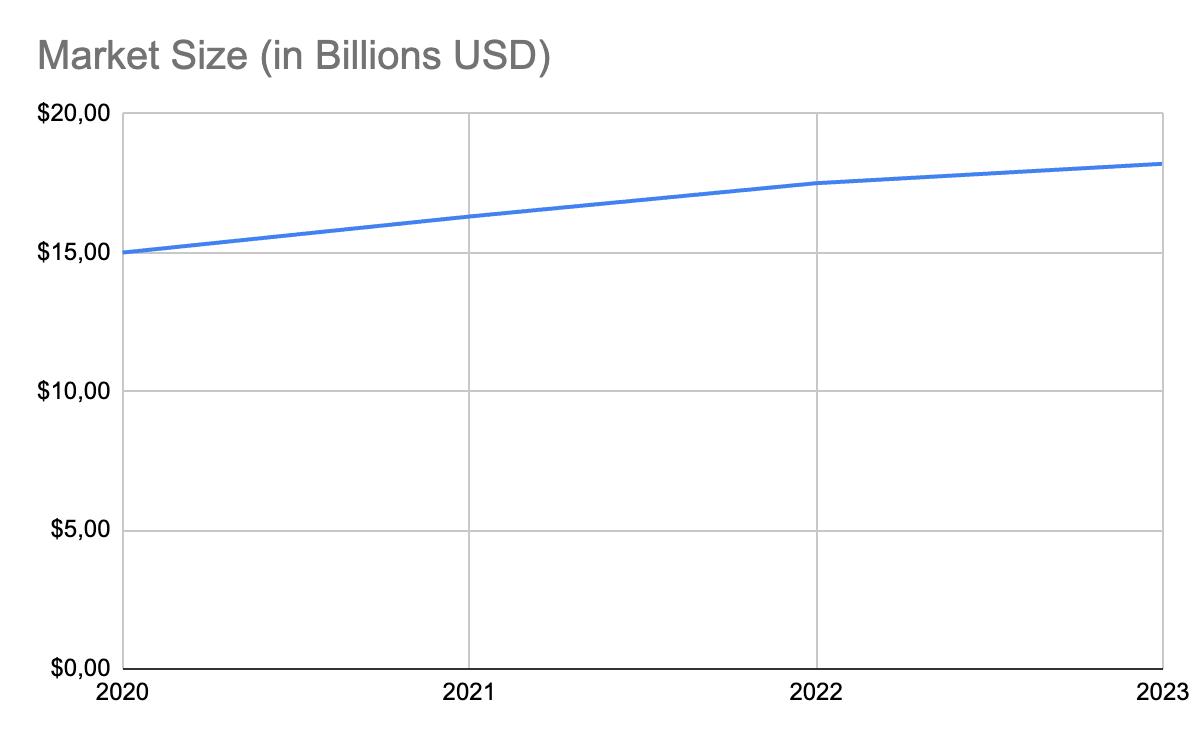
Australia
Australia has a strong gambling culture, particularly known for its sports betting and gaming machines
Cultural Insights
● Gambling as Social Activity: In Australia, gambling is often viewed as a social activity, with many people participating in events like the Melbourne Cup.
● Government Regulation: State governments regulate gambling activities, leading to variations in laws and offerings across the country
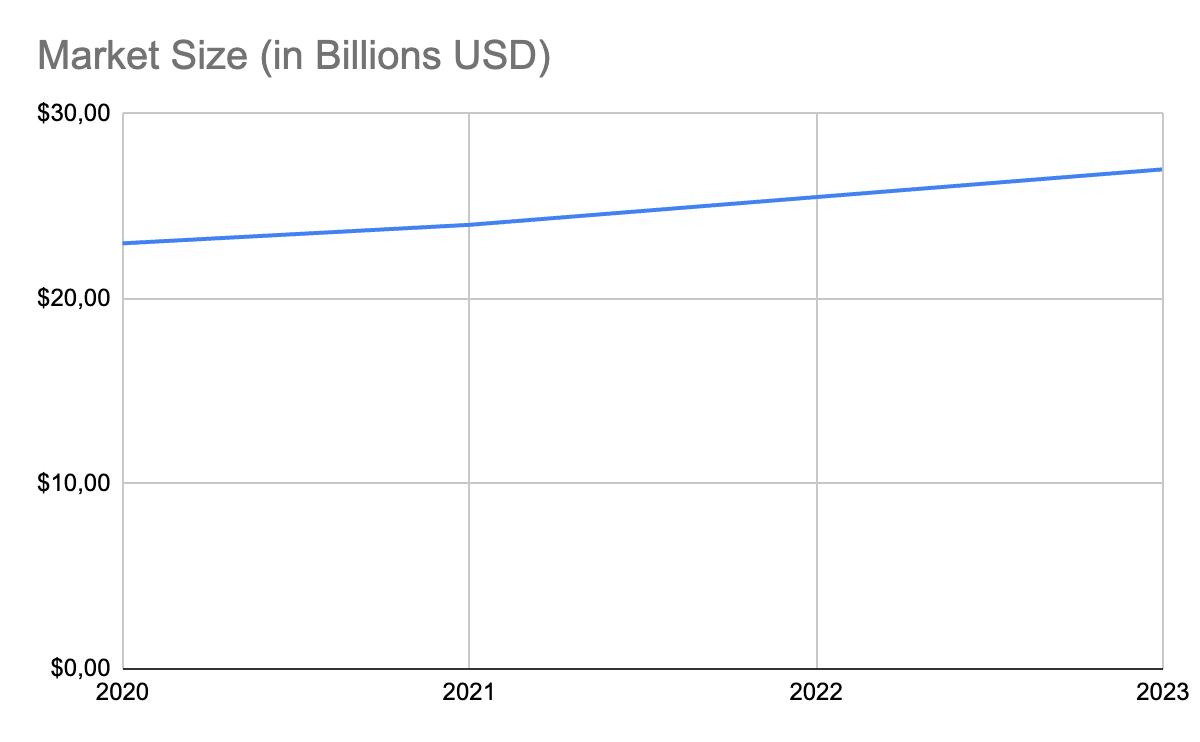
Germany
Germany's gambling market is transitioning due to new regulations, particularly in online gambling and sports betting
Cultural Insights
● Sports Betting Regulation: The sports betting sector is particularly influential, with regulations evolving to facilitate market access
● Varied State Laws: Different states have different gambling laws, affecting market dynamics
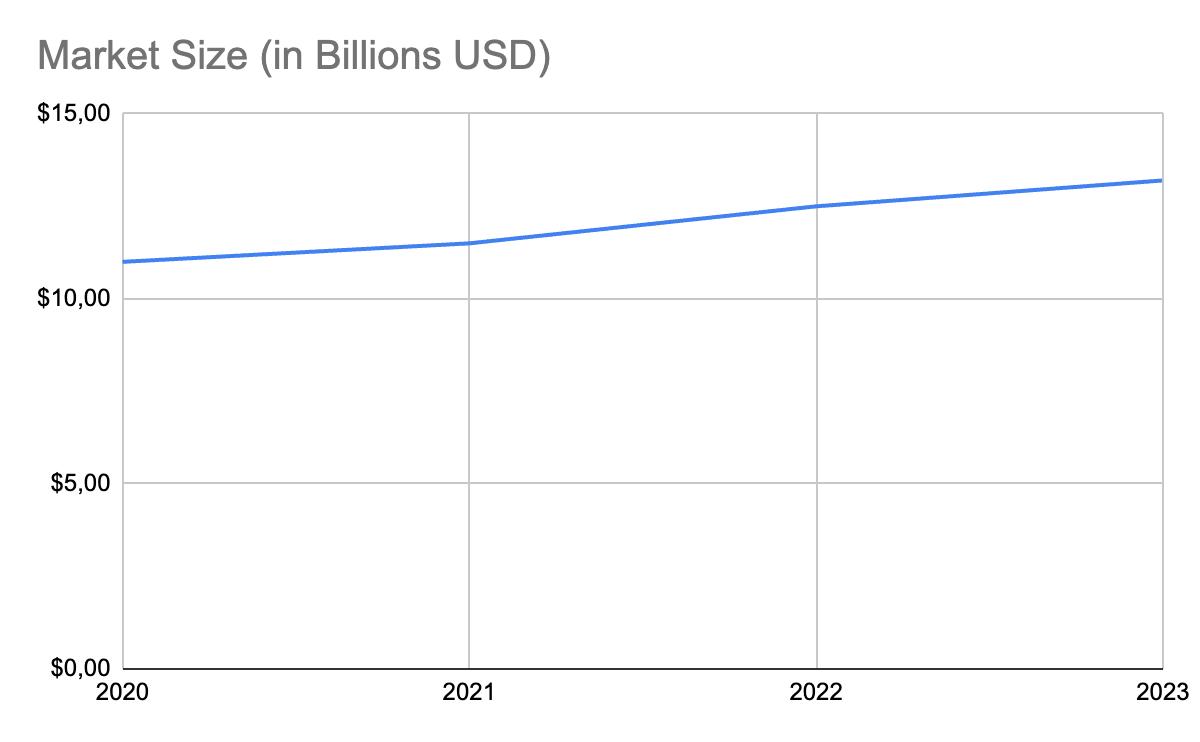
Italy
Italy has a rich tradition of gambling, with a well-regulated market focusing on lotteries and sports betting.
● Lotteries: The Italian lottery system is one of the oldest in the world, attracting a substantial portion of the gambling population.
● Regulation and Control: The Italian government places a strong emphasis on regulation, aiming to protect players and prevent gambling addiction
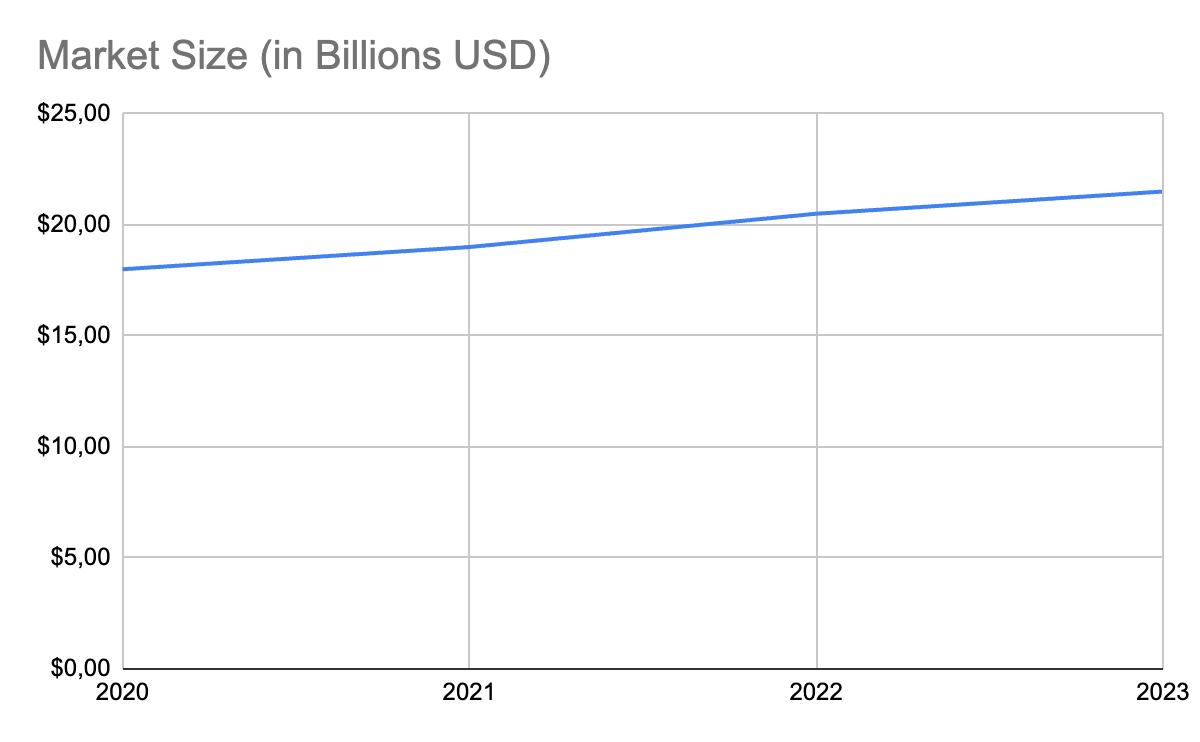
Canada
Canada's gambling market has shown steady growth, particularly with the introduction of single-event sports betting legislation
Cultural Insights
● Provincial Authority: Each province has the authority to regulate gambling, resulting in varied offerings and experiences
● Rising Online Popularity: The younger demographic increasingly prefers online platforms, contributing to market growth.
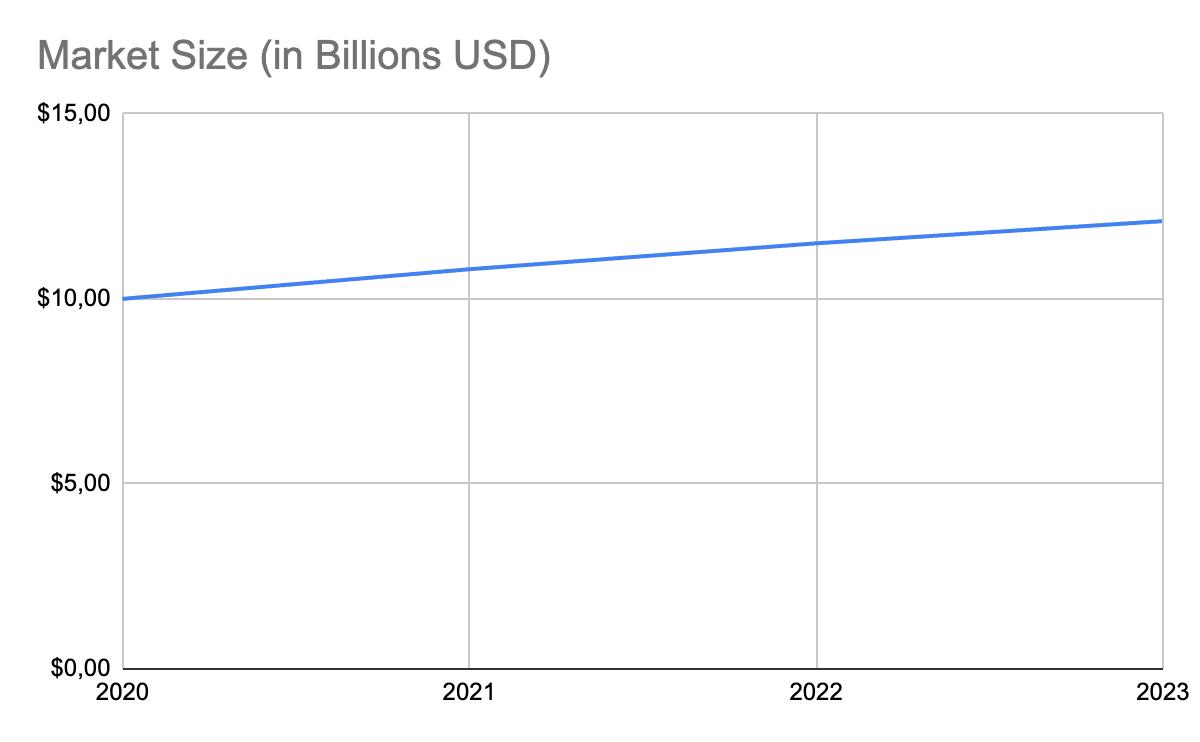
Spain
Spain has a diverse gambling environment, characterized by lotteries, casinos, and a growing online market.
Cultural Insights
● Soccer Betting: Soccer is immensely popular for betting, driving a large portion of the gambling market
● Regulatory Environment: Stricter advertising regulations have led to a more controlled market, especially in the online segment
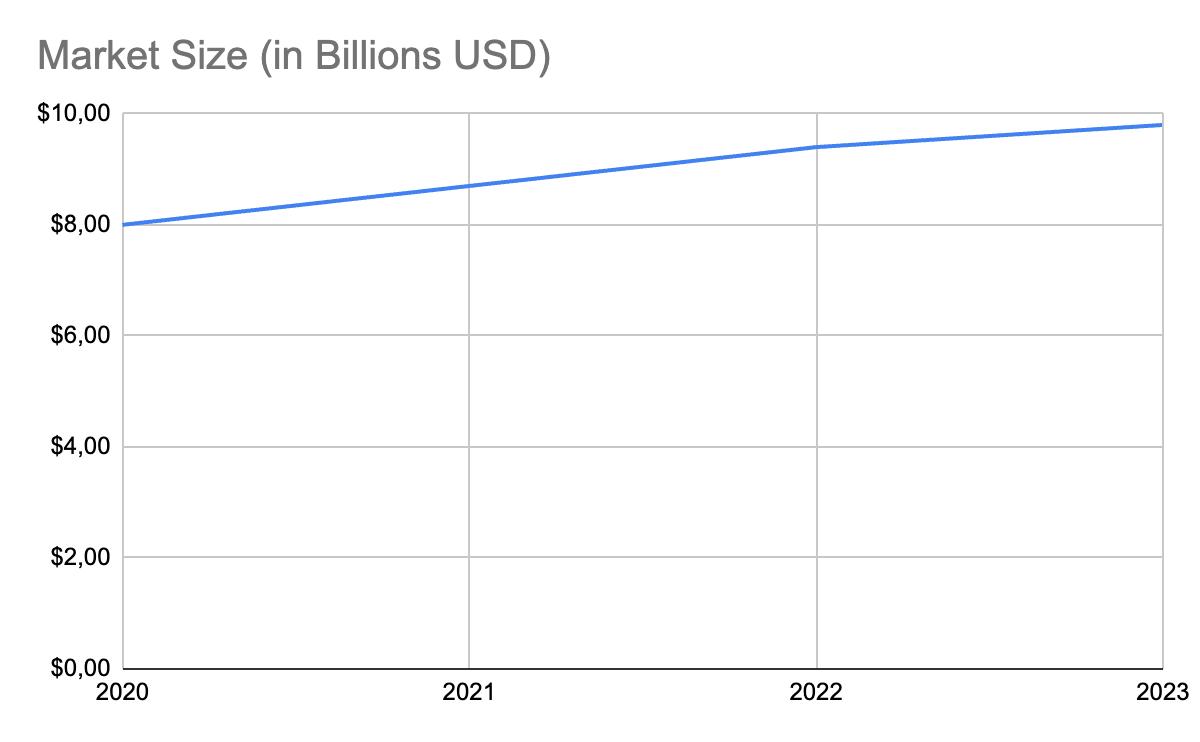
France
France's gambling market is one of the most regulated in Europe, with a focus on lotteries, horse racing, and poker.
Cultural Insights
● Horse Racing Culture: Betting on horse racing is a traditional activity, especially during events like the Prix de l'Arc de Triomphe
● Online Growth: The online gambling sector has seen substantial growth due to changing consumer preferences
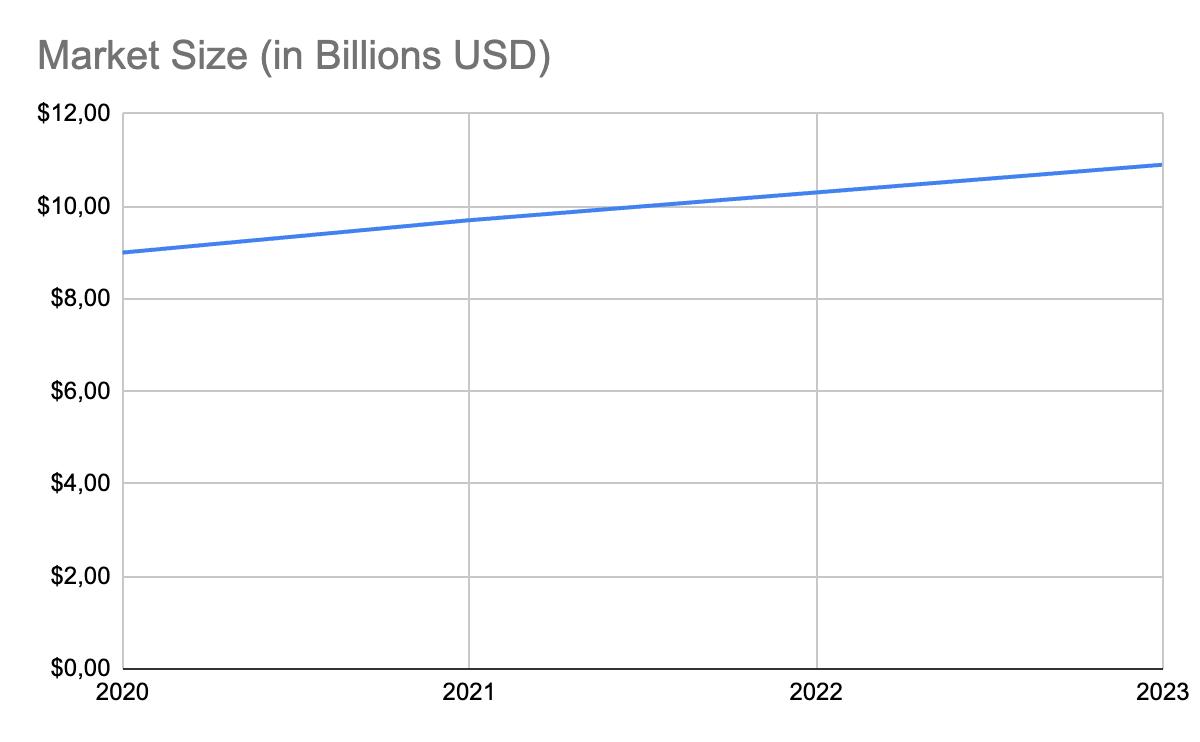
The global gambling market is poised for continued growth, driven by technological advancements and the legalization of gambling in various regions However, challenges such as regulatory hurdles and social concerns about gambling addiction must be managed to ensure sustainable growth
As we move forward, it is crucial for stakeholders in the gambling industry to focus on responsible gambling practices, adapt to changing regulations, and leverage technological innovations to capture new market opportunities
Future Trends to Watch
● Artificial Intelligence: AI is being used for customer service, personalized gaming experiences, and fraud detection
● Cryptocurrency in Gambling: The acceptance of cryptocurrencies is on the rise, providing new opportunities and challenges for the gambling industry.
● ESports Betting: With the growth of esports, betting on esports competitions is becoming increasingly popular, particularly among younger audiences
